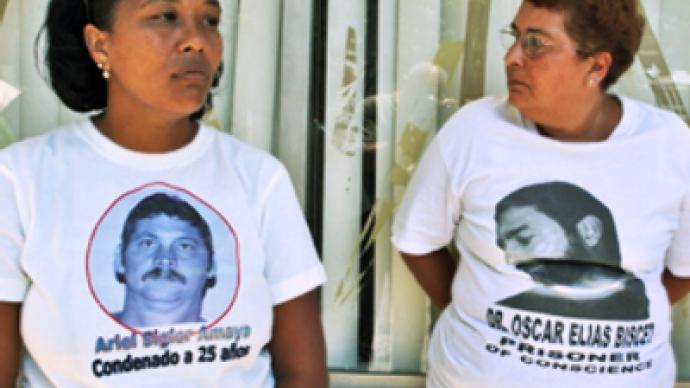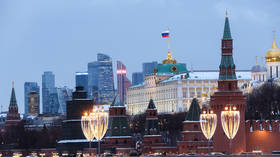Cuba blasted over rights abuses

A UN review of human rights has given Cuba a clean bill of health. But pressure groups and some foreign governments reject the findings. They accuse the communist state of jailing journalists and political dissidents.
As Cuban President Raul Castro took his large delegation from Russia to Angola, he had every right to be “very satisfied.”
His eight days in Russia reaped pledges of $354 million in aid. They also helped revive old ties and established plans to upgrade the island’s hydroelectric and thermoelectric plants.
Meanwhile, international bodies have put Cuba’s human rights record in the dock. Havana. However, can claim the UN Human Rights Council has given it a fairly clean bill of health in its periodic review, released 5th February.
Russia and China, also up for peer review, provided the island with critical political support. However, some Western countries called for the release of political prisoners, while criticizing prison conditions and the inhibition of freedom of expression.
The debate was heated. Defending Cuba’s prison system, Maria Esther Reus Gonzalez, Justice Minister, said it meets at least minimum standards. Although France pointed out the Red Cross had not been allowed to visit inmates since 1989.
The Justice Minister told the Geneva forum that Cuba had a system of “participatory democracy”, which recognizes freedoms of religion and opinion. Additionally, it had invited the UN special investigator on torture to the island.
Israel’s ambassador doubted the independence of the Cuban judicial system. Aharon Leshno-Yaar called for “unlawfully imprisoned human rights defenders, journalists and other” to be freed. This was echoed by Canada and Britain.
Maria Esther Reus replied there were no political prisoners in Cuba, a statement directly contradicted by human rights bodies. She also said that in Cuba: “The promotion and protection of human rights are guaranteed.”
When it came to the vote, the Human Rights Council’s 47 members supported Reus, despite the allegations. The vast majority of the 103 countries, which spoke during the debate, backed Cuba.
UN exoneration rejected by NGOs
Peter Splinter of Amnesty International was scathing. “Cuba and its friends deployed a lot of effort to manipulate the universal periodic review,” he said.
Human rights group, UN Watch, was equally critical. It attacked the council for being a “mutual praise society, giving a free pass to the world’s worst abusers”.
The Bush government would not participate with the council describing its “rather pathetic record”.
Elsewhere, Cuba’s human rights record has come under greater scrutiny. The Cuban Commission for Human Rights and National Reconciliation organization claim there are 205 political prisoners in Cuba. The illegal but tolerated body’s report (2nd February) said there are now 29 fewer political prisoners than a year ago and a third fewer than when Castro took power in July 2006.
However, the report points to “low-intensity political and social repression” with the soaring use of brief arrests of suspected dissidents – there were 1,500 in 2008.
World’s second largest prison for journalists
Reporters Without Borders reports that Cuba has 23 journalists incarcerated for political reasons and will not tolerate an independent press. The organization said Cuba “continues to be the world's second biggest prison for journalists, after China”. Of the 23 held, 19 were imprisoned in 2003 in a purge of dissidents and sentenced for being “mercenaries in the pay of the United States”.
Reporters Without Borders says it hopes the jailed journalists will be freed through the mediation of other Latin American countries and Spain, especially with the US government’s stated willingness to begin dialogue with the Raul Castro.
There is a possibility that some of the political prisoners could be sent to the United States, if an exchange can be made for five Cubans imprisoned there for espionage. However, while US President, Barack Obama has called for the freedom of political prisoners, he has not mentioned any potential prisoner trade.
Jonathan Stibbs for RT












